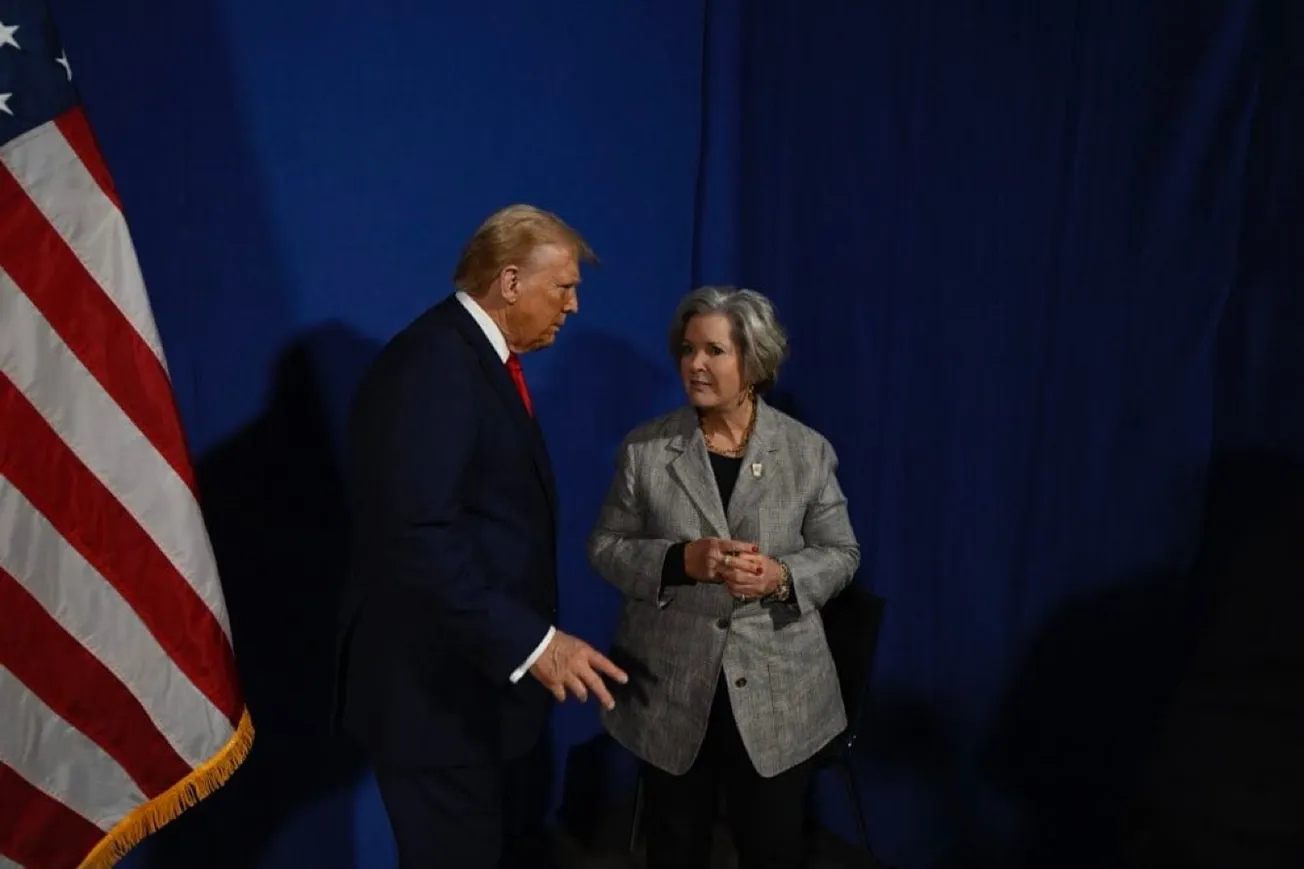By Jason Hopkins, Daily Caller News Foundation | January 06, 2025
Immigrants living in the United States send billions back to their home countries every year, but President-elect Donald Trump’s border crackdown may tighten the spigot on these remittances.
Remittances — money that migrants send back to family or other loved ones living in their home countries — have served as an incredible source of income for Latin American governments, with the region expected to receive an historic high of over $160 billion in 2024 alone. The U.S. is by far the largest source of remittances sent around the world, meaning the American economy misses out on billions of dollars transferred abroad every single year.
However, Trump’s promise of a massive deportation operation and a crackdown on the illegal immigration passing through the southern border could upend this cash cow enterprise for Latin America — likely to the chagrin of their leaders.
“Remittances represent a huge outflow of money from the U.S. to foreign economies, costing states and cities around the country billions of dollars in lost revenue,” Julie Kirchner, executive director of the Federation for American Immigration Reform, told the Daily Caller News Foundation.
“According to a 2021 World Bank estimate, over $200 billion in remittances leaves the U.S. annually — double the entire 2024 budget for the Department of Homeland Security,” Kirchner continued. “This transfer of money only increases the cost of illegal immigration to American taxpayers.”
Mexico, being the largest source of legal and illegal immigration into the U.S. by far, is naturally a top recipient of money sent back home by working expatriates. The country received a whopping $63 billion in remittances in 2023, making it a revenue stream that now stands above all other forms of foreign income for the country, topping tourism, oil exports, and most manufacturing exports, according to the Associated Press.
While Trump had threatened to use the Patriot Act to cut off remittances during his first run for the presidency, the president-elect has since not made the issue a major theme of his immigration enforcement agenda. However, any mass return of foreign nationals back to their home countries would inevitably affect the amount of money sent away by expatriates in the U.S.
Local communities across the country are benefiting from the wealth that comes from the American dollar. In the Mexican town of Francisco Villa, a high school was upgraded into a larger structure and a church meeting hall was constructed, replete with a rectory and a gray slate patio, paid for by remittances sent by Mexican nationals living in the U.S., according to the Washington Post.
“All this is thanks to money that comes from the other side,” Ruben Chavez said to the Washington Post about the town’s glow-up. Chavez, an immigrant who spent decades working in the U.S. and is now a citizen, also used his earnings to build an eight-bedroom house in Francisco Villa, his hometown.
Mexican President Claudia Sheinbaum recently hailed the historic flow of remittances into her country.
“Remittances are at an all-time high,” the leftist leader posted on X in November. “Our countrymen and women in the United States always keep their hearts in our Mexico, supporting their families and communities. True heroes and heroines who love their homeland!”
Her country stands to potentially lose a massive amount of revenue when Trump returns to office. The government’s response to Trump’s talk of a massive deportation operation has been a mixed bag so far.
Sheinbaum in November declared that her country is prepared to accept citizens deported back from the U.S. and on Friday she expressed a willingness to even accept non-Mexicans deported out of the U.S., which could make it much easier for Trump to remove foreign nationals that hail from recalcitrant countries. However, Sheinbaum has also rolled out a number of initiatives ostensibly aimed at helping Mexican nationals remain north of the border, such as an “alert button” for citizens to use if they feel they are about to be apprehended by federal immigration authorities that notifies the nearest consulate, and she said her administration is working to convince Washington, D.C., that Mexican nationals are an asset to the American economy.
The Mexican government has also contracted with hundreds of American lawyers in order to help its citizens challenge deportation orders, according to the Washington Post.
Americans not only have to cover the cost of destitute migrants arriving en masse into the country, but also lose out economically when a job is given to a migrant that sends that money to a foreign community thousands of miles away, border hawks argue.
“Illegal aliens typically arrive in the U.S. with little or no money, as they have spent any savings they had on cartels or other smugglers who bring them to the U.S.,” Kirchner said to the DCNF. “That leaves Americans to pick up the tab for the food, shelter, health care and social welfare costs they generate.”
“Then, to compound the problem, once illegal aliens begin making money, they send home a large portion of their wages through remittances, and Americans lose the potential economic gain from that money being re-invested into the U.S. economy,” Kirchner explained, with the executive director also pointing to a strategy by cartels, smugglers and other crime syndicates who use remittances as a way to smuggle money earned through illicit activities in the U.S. back to Mexico.
Mexico is far from the only country enjoying massive amounts of migrant cash. Guatemala, Honduras, El Salvador and Nicaragua receive tens of billions in remittances from the U.S. every year, and unlike Mexico which has a more diversified economy, Central America is much more reliant on the cash its expatriates send home annually.
The potential loss of such an incredible level of income could explain why Xiomara Castro, the president of Honduras, publicly threatened Trump with discontinuing military cooperation in her country if he moves forward with his mass deportation plans. Hondurans living in the U.S. sent over nine billion in remittances back to their home country in 2023.
“Faced with a hostile attitude of mass expulsion of our brothers, we would have to consider a change of our cooperation policies with the United States, especially in the military realm,” Castro said during a New Year’s Day speech, according to the Associated Press.
The American military has maintained a small presence in the Central American country for decades, using an installation near the Honduran capital as a launching point for anti-drug and humanitarian initiatives in the region.
However, it’s not immediately clear if such threats have deterred the incoming administration. In response to Castro’s threat, a spokesperson for Trump’s team suggested they will continue to move forward with plans to close the southern border and deport illegal migrants back to their home countries.
“The Trump Administration looks forward to engaging our Latin American partners to ensure our southern border is secure and illegal immigrants can be returned to their country of origin,” Brian Hughes, a Trump transition spokesperson, stated to the DCNF.
Jason Hopkins is an immigration reporter at the Daily Caller News Foundation
Original article link







